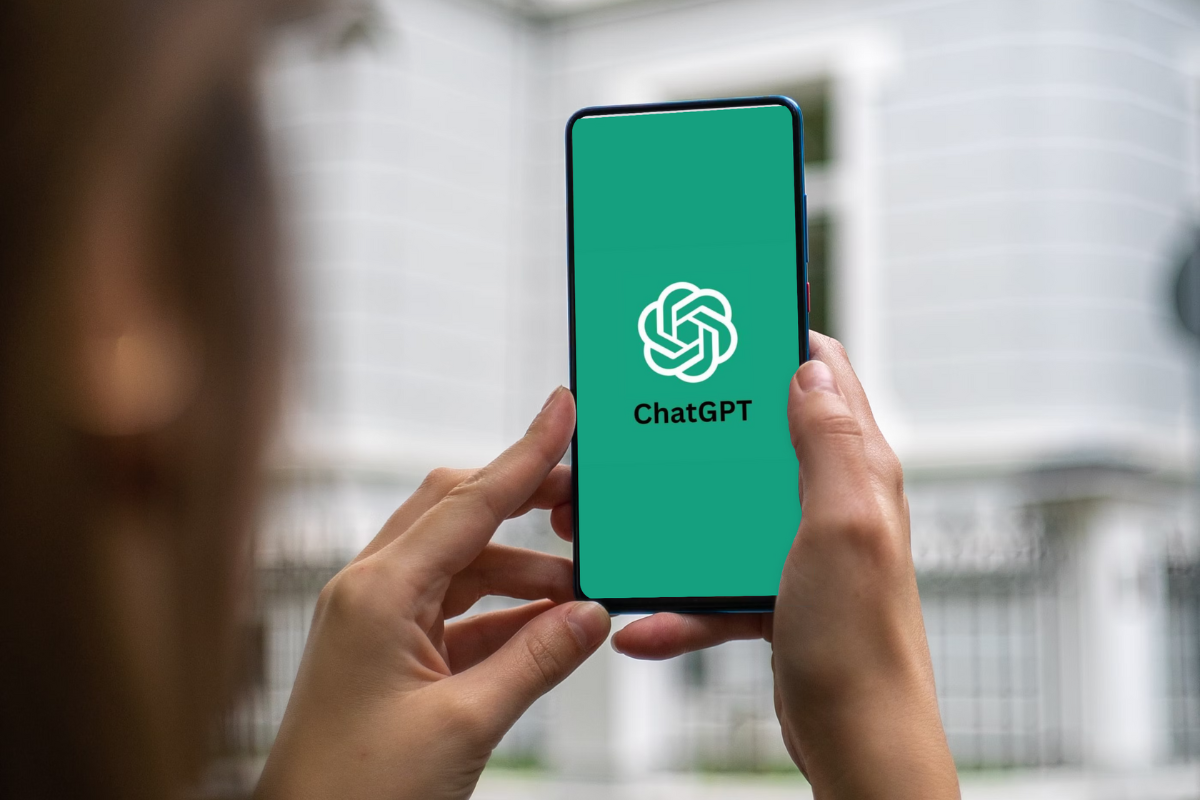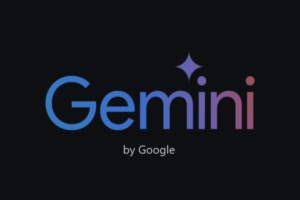To expand chatbot usage in universities, OpenAI is offering its premium AI tools to colleges for both students and faculty members. OpenAI, the company behind ChatGPT, is aiming to transform higher education by deeply integrating its AI tools into university life.
The vision is to equip students with AI-powered assistants from the moment they arrive on campus until graduation. These assistants can support learning, assist with study sessions, and provide guidance throughout a student’s academic journey. Professors might utilize AI to create personalized virtual tutors for their courses, while career centers could offer chatbot-based mock interviews to help students prepare for job opportunities. Students could even use voice-activated AI for quick quizzes before exams.
OpenAI describes this strategy as creating “universities built around AI integration.”
Leah Belsky, OpenAI’s Vice President of Education, shared that the company envisions AI becoming a core part of universities’ digital systems—playing a vital role in how campuses operate and support students.
Just like students receive campus email accounts today, the idea is that every student would also get a personalized AI assistant to support their education.
To expand chatbot usage on college campuses, OpenAI is offering its advanced AI tools to universities for use by both students and faculty. The company is also running targeted outreach to encourage students who haven’t yet tried ChatGPT to give it a shot. Some institutions, such as the University of Maryland and California State University, are already working to integrate AI tools into students’ daily academic routines. In early June, Duke University rolled out unlimited access to ChatGPT for its entire campus community and launched a custom platform called DukeGPT, featuring in-house-built AI tools.
OpenAI’s efforts are part of a growing battle among tech companies to become the go-to AI provider for universities. Tech giants like Google and Microsoft have long sought to establish a presence in education, and now they’re racing to gain student loyalty with their AI platforms. This competition has become increasingly intense. Earlier this year, OpenAI CEO Sam Altman and xAI founder Elon Musk posted competing announcements offering free premium AI tools to students during exam season. In response, Google pledged to offer students free access to its advanced AI chatbot until the conclusion of the 2026 academic year.
OpenAI played a major role in kickstarting the recent surge of AI use in education. When it launched ChatGPT in late 2022, the tool’s ability to generate human-like essays and assignments sparked widespread concerns about academic dishonesty. At the same time, because generative AI models like ChatGPT are trained on large text datasets, they sometimes produce incorrect or fabricated information, which can mislead students.
Fast forward to today, and millions of college students now rely on AI chatbots for research, writing assistance, coding help, and idea generation. OpenAI is now leveraging this popularity to promote its AI offerings as a foundational part of the higher education experience.
The company has launched ChatGPT Edu, a tailored version of its AI platform created to meet the specific needs of colleges and universities.
This version offers more advanced capabilities than the free version, along with enhanced privacy controls. It also allows educators and staff to build custom AI bots tailored for academic use. (For general users, OpenAI provides paid versions of ChatGPT with additional features.)
The broad integration of AI in classrooms represents a major and evolving educational trial.
As universities rapidly adopt these tools, it remains to be seen what long-term effects they may have, both positive and negative, on student learning and educational outcomes.
Some early research suggests that relying too much on AI for tasks like writing and research may weaken important abilities such as critical thinking. Meanwhile, critics caution that universities embracing AI too quickly may be ignoring broader concerns, such as ethical risks, the exploitation of data workers, and the environmental impact of AI technologies.
OpenAI’s outreach to campuses coincides with a rise in unemployment among recent college graduates, especially in fields like software development, where automation is beginning to replace certain job functions. To help students stay competitive, many institutions are now prioritizing access to AI tools and offering relevant training. California State University recently revealed plans to offer ChatGPT access to more than 460,000 students spread across its 23 campuses.
The goal is to equip students for a future shaped by AI and position Cal State as a leading AI-integrated university system in the country. Some academic institutions say they are adopting these tools not just to keep pace with change, but also to help shape responsible AI use by setting ethical standards and ensuring thoughtful integration into education.
“At California State University, we understand concerns about AI—whether it’s environmental impact, misinformation, or potential bias,” said Edmund Clark, the university’s Chief Information Officer, during a recent education event in San Diego. “That’s exactly why we invite others to be part of the conversation and help shape its direction.” In the spring, OpenAI rolled out ChatGPT Edu, a version of its AI platform specifically designed for higher education. This offering includes access to the company’s most advanced AI models and promises added privacy protections. According to OpenAI, any data entered by students, educators, or staff in ChatGPT Edu is not used to further train its AI systems.
(For context, OpenAI and Microsoft are currently facing a copyright lawsuit from The New York Times, which both companies have said is without merit.) To strengthen its presence in education, OpenAI brought on Leah Belsky last year to lead its academic initiatives. Belsky, who previously held a leadership role at Coursera, has a strong background in the education technology industry.



